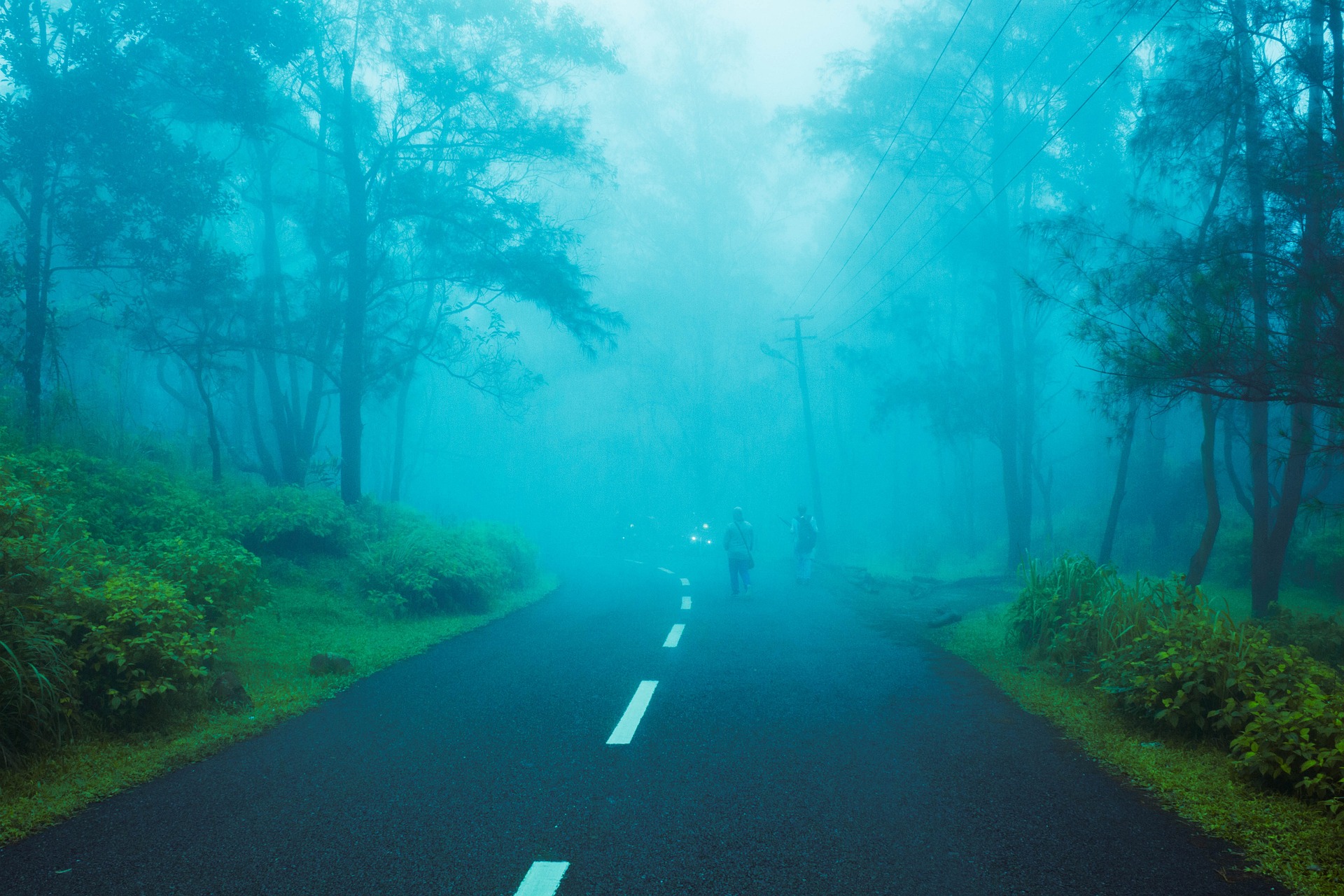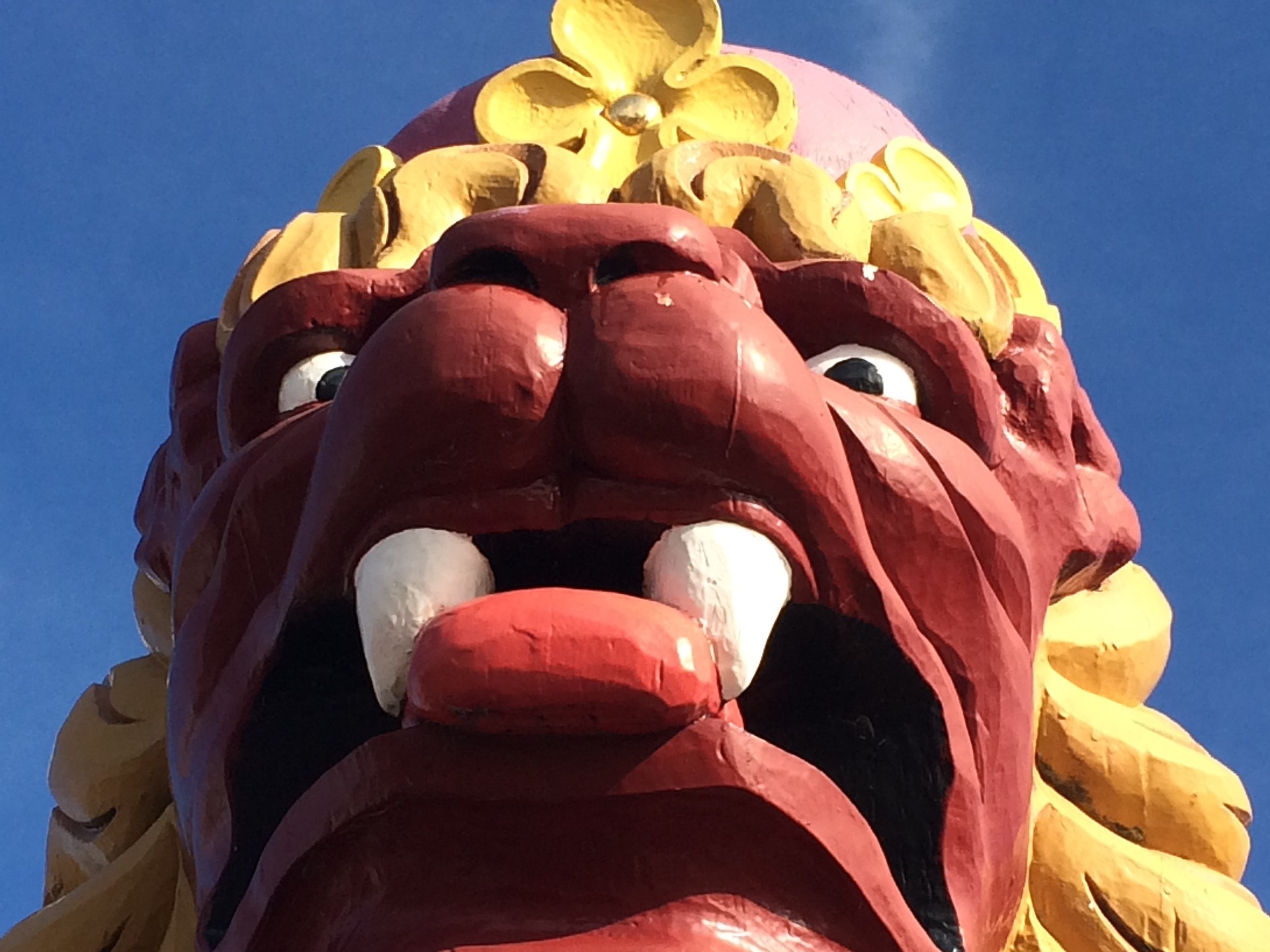The hidden dangers of conspiracy theories

“Those who can make you believe absurdities; can make you commit atrocities” (Voltaire). When reading about the Holocaust or the Rwandan genocide it is difficult to understand how such events could ever have taken place. How can a society turn on a particular group and send them to death camps? How can neighbours kill each other after living in harmony for years?
Radio broadcasts played a significant role in dehumanising the Tutsi prior to, and during, the 1994 genocide in Rwanda; and the Nazis used propaganda campaigns to spread lies about the Jewish population, to justify violence against innocent civilians.
“Common sense could not understand
that it was possible to exterminate hundreds
of thousands of Jews” (Yitzhak Zuckerman)
Yet, we are seeing similar patterns of violence emerging in today’s world, in great part due to conspiracy theories shared on social media – our modern day propaganda machine. These conspiracies are no longer on the fringes of society, or just the rantings of a “crazy uncle”, they are taking root in mainstream media.
How are world leaders responding to such conspiracies? During a recent Town Hall event, President Trump did not deny that the Democratic Party is run by a satanic, paedophile circle – a conspiracy that prompted an attempt to kidnap Governor Whitmer (foiled by the FBI) - and even Dutch ministers are receiving death threats as a result of conspiracies claiming that they are Satanists and paedophiles. Meanwhile “The Ostrich Alliance” – Presidents Bolsonaro (Brazil), Lukashenko (Belarus), Berdymukhamedov (Turkmenistan) and Ortega (Nicaragua) – are sustaining a COVID-19 denialist stance through misinformation, endangering their country’s civilians. Furthermore, an increasing number of people are questioning whether the Holocaust actually happened, with ‘debates’ taking place on Facebook, YouTube, in classrooms and even within the Labour party in the UK.
Yet aside from sporadic acts of violence, surprising statements on the internet, and strange conversations with the neighbour, should we really be concerned about conspiracy theories?
The foundations of any society are built on the legitimacy of their institutions. Institutions such as the government, the judiciary and the police. Legitimacy involves the public recognition that society needs a system of laws to ensure that it can operate in an orderly manner, whilst also respecting the rights of each individual. Over the years, researchers have demonstrated the connections between the legitimacy of certain institutions (for example the police force) and public compliance (Bottoms & Tankebe, 2017). They demonstrate that the perceived legitimacy of the police and the rule of law appear to have a direct effect on the general public’s respect for legal guidelines, which results in “appropriate social behaviour” (OBrien, Tyler & Meares, 2020). When people believe it is morally correct to obey the law, the wrongness of illegal behaviour becomes a given.
But on the internet, everything appears equally legitimate: Breitbart resembles the BBC; and Famke Louise and Lange Frans appear just as credible (if not more credible) than the Director of the WHO, Tedros Adhanom Ghebreyesus. As I write, the US elections results are still trickling in, while President Trump is declaring victory via a live stream on Twitter. If democracy is based on shared truth, whose truth can we believe?
There is evidence that the Holocaust took place – it is a historical fact. Yet, in just a few clicks on social media, a different narrative is presented regarding the events that took place in the 1940s. Genocide denial is not a question of free speech or personal opinion. Those who deny the Holocaust – or any genocide for that matter – are encouraging another one. As Adolf Hitler famously stated during his Obersalzberg Speech in 1939: "Who, after all, speaks today of the annihilation of the Armenians?"
The extreme messages we are now seeing online are being facilitated by a handful of tech giants, which constitute the greatest propaganda machine in history. The algorithms that these platforms use deliberately amplify content that keeps users engaged: headlines that trigger curiosity, followed by outrage and fear. The clearest example of this is the violence in Myanmar, to which Facebook admitted playing a key role in spreading conspiracy theories that caused atrocious human rights violations to be committed against the Rohingya Muslims.
The Media Trials that took place at the ICTR struggled with the notion of freedom of speech versus inciting hatred and violence: Radio Mille Collines had broadcast messages that led to the death of almost 1 million Rwandans in 1994. Yet Facebook is not on trial for inciting violence against the Rohingya people in Myanmar. It is time to impose tougher regulations on tech giants, who need to be held accountable for what happens on their platforms.
| More blogs on Law Blogs Maastricht |
Other blogs:
Also read
-
The debate on the implications of Dutch colonial rule in Indonesia recently intensified after a report concluded that the Dutch forces had used extreme violence. Reactions to the report reveal that the issue remains controversial and challenging to discuss. The findings in the report do however...
-
About a year ago, this blog published my contribution “Let us not forget about EU fundamental rights,” which addressed the situation at the EU’s external borders. At the time, the decision of the ECtHR in the case of N.D and N.T v. Spain, was heavily criticised for failing to protect the right to...
-
In the fall of last year, the Dutch Raad voor Cultuur has issued an advice on how the Dutch government and Dutch museums (and the broader public in the Netherlands in general) should deal with the continuing presence of colonial-era heritage in Dutch museum collections. The report constitutes a...


